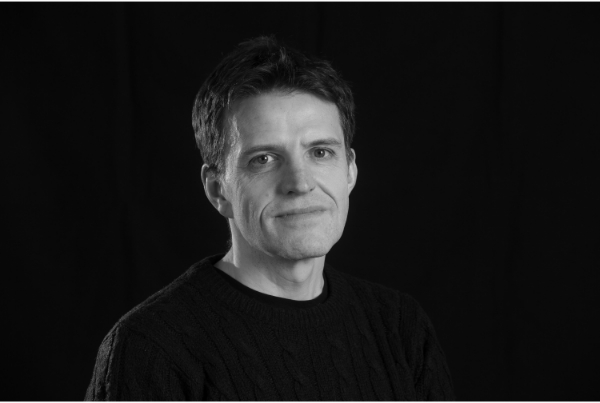Marco Baroni received a PhD in Linguistics from the University of California, Los Angeles, in the year 2000. After several experiences in research and industry, he joined the Center for Mind/Brain Sciences of the University of Trento, where he became associate professor in 2013. In 2016, Marco joined the Facebook Artificial Intelligence Research team. In 2019, he became ICREA research professor, affiliated with the Linguistics Department of Pompeu Fabra University in Barcelona. Marco's work in the areas of multimodal and compositional distributed semantics has received widespread recognition, including a Google Research Award, an ERC Starting Grant and and the ICAI-JAIR best paper prize. Marco's current research focuses on a better understanding of artificial neural networks, focusing in particular on what they can teach us about human language acquisition and processing.
